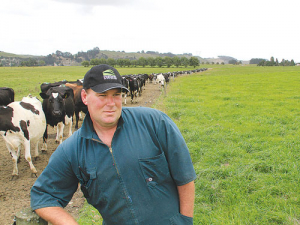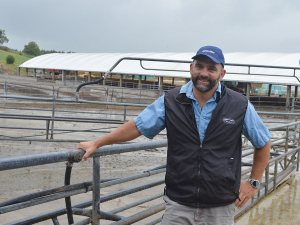Farmer confidence has slumped to its lowest since 2009, according to a new Federated Farmers survey.
Federated Farmers’ July Farm Confidence Survey of 1,725 farmers saw 28.6% of respondents rate current economic conditions as bad, a 53-point drop on the January survey.
58.7% of the farmers who responded expect general economic conditions to worsen over the next 12 months, a 17-point reduction on the survey six months ago.
"Clearly, concern about the global economy is weighing on sentiment,” says Feds President and commerce spokesperson Andrew Hoggard.
Hoggard says the negative expectations are likely due to disruption on trade caused by the pandemic, as well as fears of a lasting global recession, heightened protectionism and trade wars.
“This fall in expectations is echoing the fall in business and consumer confidence, and the fall in the domestic economy from Covid-19," says Hoggard.
All the farming sector groups recorded worsening perceptions about current economic conditions, however meat and wool farmers experienced a 70-point slump compared to January.
The survey report by Research First records farmers’ three greatest concerns as: the economic situation (chosen by 15.6% of respondents), regulation and compliance costs (15.3%), and farmgate and commodity prices (11.1%).
"The government can’t do that much about the first and third of these, with global conditions being the predominant factor. But it can do something about ensuring regulation and compliance costs are sensible and affordable," says Hoggard.



















